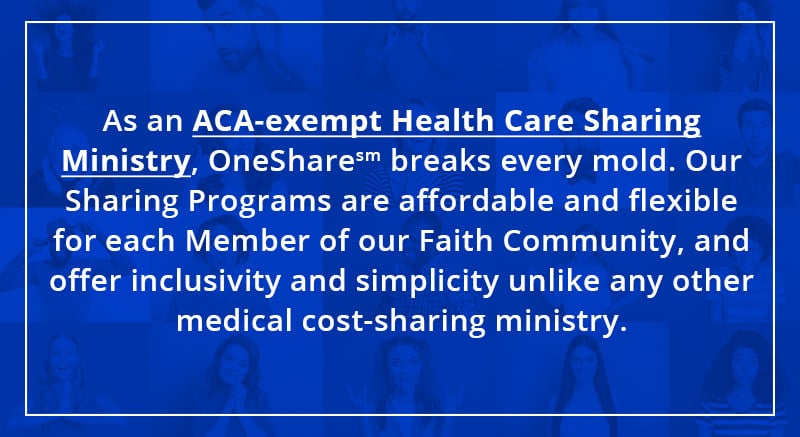Introducing solid foods is an exciting and important milestone in your baby’s journey. While every child grows at their own pace, there are helpful guidelines and gentle cues that can help you know when—and how—to take that next step toward nourishing your little one in new ways.
Is Your Baby Ready?
Most babies are ready to start solid foods around 6 months old. By this time, they typically have better head control, can sit with support, and show interest in what you’re eating (like reaching for your plate or opening their mouth when you offer a spoon). These are encouraging signs that their digestive systems may be ready to handle more than milk or formula.
A Month-by-Month Guide to First Foods
 Around 6 Months: Start with Single-Ingredient Purees
Around 6 Months: Start with Single-Ingredient Purees
Begin with iron-rich foods, especially if your baby is primarily breastfed. Good first choices include:
-
Puréed vegetables like carrots or peas
-
Mashed banana or avocado
-
Iron-fortified single-grain baby cereal mixed with breast milk or formula
Wait 3 to 5 days between introducing new foods so you can watch for any allergic reactions.
 7 to 8 Months: Introduce More Variety
7 to 8 Months: Introduce More Variety
At this stage, babies can try:
-
Puréed meats (like chicken or beef)
-
Soft fruits such as cooked apples or pears
-
Full-fat plain yogurt (no added sugar)
-
Small amounts of scrambled egg
Textures can be thicker, and foods can be mashed rather than fully puréed as your baby learns to handle new consistencies.
 9 to 12 Months: Finger Foods and Soft Solids
9 to 12 Months: Finger Foods and Soft Solids
As your baby’s fine motor skills improve, offer safe finger foods:
-
Soft-cooked veggies cut into small pieces
-
Peeled and diced fruits like banana or peaches
-
Tiny bites of soft-cooked pasta or rice
-
Cheerios or small pieces of toast
Encourage self-feeding while continuing breast milk or formula for primary nutrition.
Safety First: Keep These in Mind
-
Avoid honey before age one due to the risk of infant botulism.
-
No added salt or sugar—your baby’s system isn’t ready for it.
-
Watch for choking hazards like whole grapes, raw veggies, or chunks of meat.
-
Always supervise feeding and offer foods in a seated position.
Supporting Your Baby’s Wellness Journey
As you introduce new foods, this is also a wonderful time to schedule your baby’s Wellness Visit through a Health Care Sharing Membership. Eligible Members may be able to share in the cost of one Wellness Visit per year and certain Preventive Services depending on the Program chosen.
Looking to add more support for your growing family?
Speak with a OneShare Health Specialist today to get a quote and find the Health Care Sharing Program that fits your household best. Our Programs are designed to bring flexibility, affordability, and peace of mind—so you can focus on what matters most.
You’re not alone. We’re here to help.










